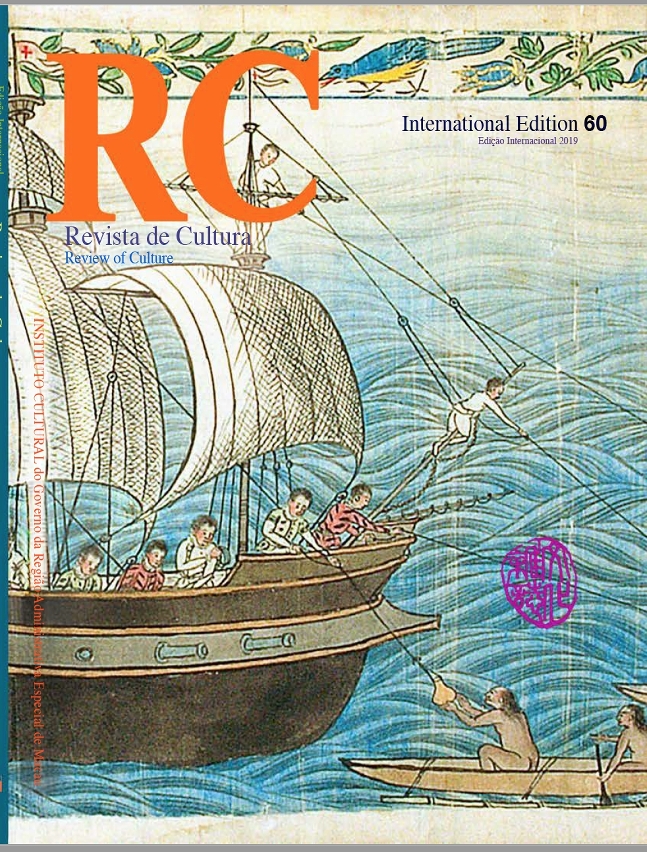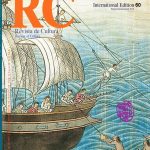 Review of Culture, International Edition (RCI) 60
Review of Culture, International Edition (RCI) 60
The Review of Culture, International Edition, devotes a chapter to the maritime activity and the development of piracy in the region. Robert J. Antony gives an historical perspective of piracy in Macao and, together with Wong Wei Chin, discusses issues such as coolies, pirates and secret societies. Alexandra Pelúcia explains the Portuguese presence in Maritime Asia and the development of piracy in the 16th century and Wensheng Wang sheds a new light on the nature of British imperialism in China. Closing the chapter dedicated to Piracy in Asia, Christina Miu Bing Cheng explains the maritime and piracy prowesses of two prominent Ming officers.
To contextualize the routes of the navigator Francisco Gali is the objective of Rui Manuel Loureiro’s piece. Following Ubaldo Iaccarino presents new evidence to the political and economic role played by the Macau-Manila route throughout the Iberian Union period. Thomas Lockley discusses global encounters during the early days of Anglo-Japanese relations. Concluding this issue, Huang Chao and Zhaosu introduces a study on historical Chinese decorative silver pieces.
The Review of Culture, International Edition (RCI),published by the Cultural Affairs Bureau and edited by the Centre for Macau Studies of University of Macau, is available for purchase in the Cultural Plaza, Public Information Centre, Archives of Macao and Kun Iam Ecumenical Centre, at a price of MOP 150 each. For more information, please contact IC through the email publications@icm.gov.mo


